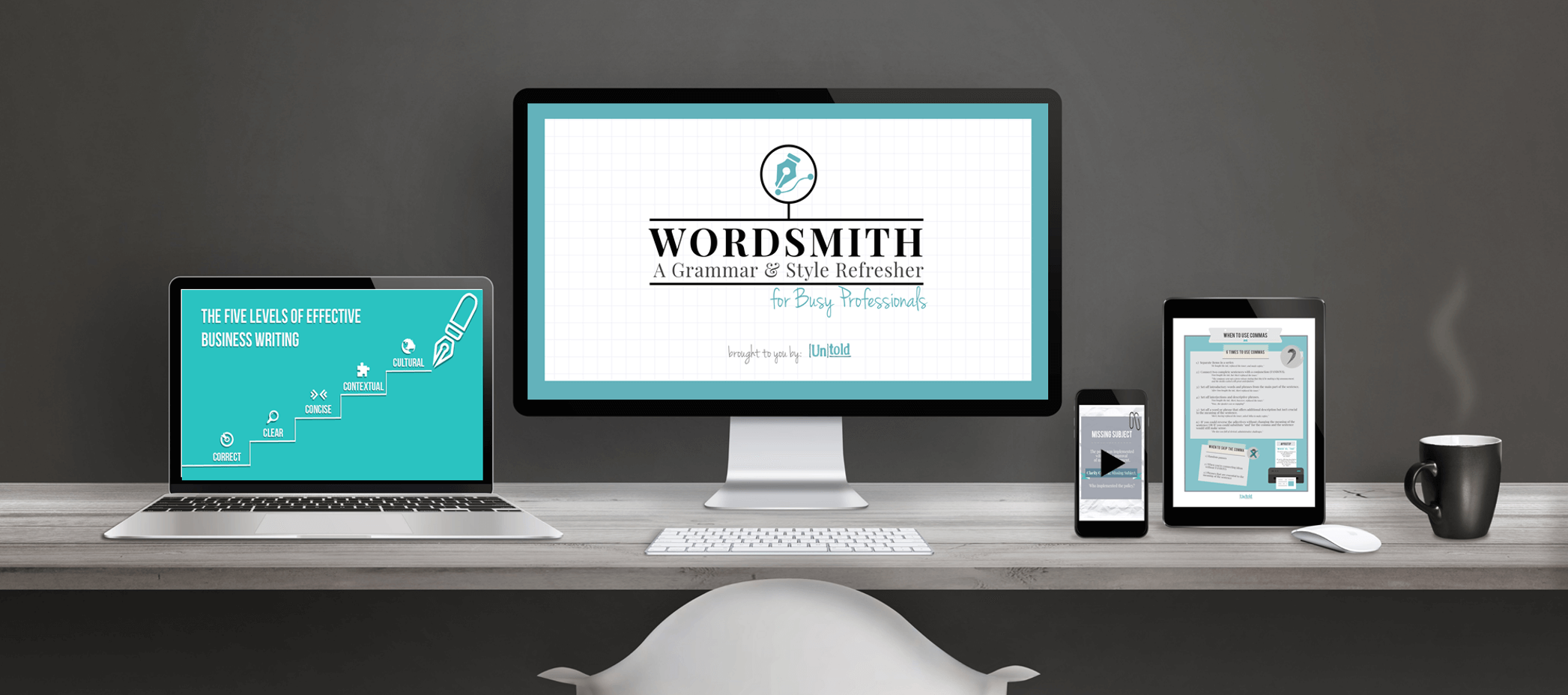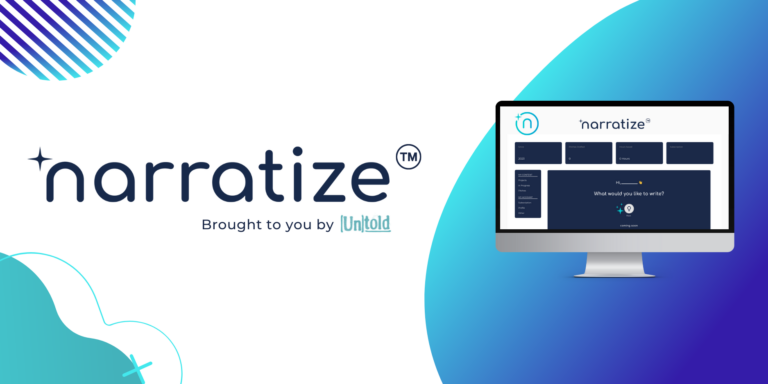Blog >> Wordsmith Q&A: Can’t I Just Google How to Be a Better Writer? Does Grammarly Really Work?
Wordsmith Q&A: Can’t I Just Google How to Be a Better Writer? Does Grammarly Really Work?
“Our words matter more than just merely fixing typos. ” – Katie Trauth Taylor, PhD
Our Wordsmith Q&A Series is here to answer your most pressing writing questions, including how you can improve writing skills and why they matter. In the sixth segment of our Wordsmith Q&A, we recognize the wonderful search tools and spell checks to help pinpoint grammar mistakes. However, words matter more than merely fixing some typos, especially effective communication and audience connection are top priorities. Learn how to write for impact while cutting down on how long the writing process takes! Check out what Wordsmith can offer to assist your writing in our latest Q&A. Wordsmith is our signature online, self-paced business writing course that gives you the skills you need to become a confident communicator at work and beyond. To start learning how to write for impact, tune in for the whole Wordsmith Q&A series.
Dr. Katie Trauth Taylor is owner and CEO of Untold Content, where she guides a robust team of writers on a mission to impact the world through words. As a writing consultant, Katie provides professional writing services and training programs to organizations and individuals committed to accelerating their thought leadership.
TRANSCRIPT
Question Six: Can’t I just Google how to be a better writer?
Katie Trauth Taylor: I love this question! I actually get this question all the time. Can’t I just Google it or can’t I use spell check or Grammarly? They’re a safety net. They make sure that you’re avoiding errors and it’s helpful to see your writing in that way. But this course takes things to a far bigger level, a far deeper level. If you’re ready to move on from just making sure that you don’t have a typo and you’re ready to think about how you can use sentence structure to create bigger impact, how you can use strategies like meta commentary to anticipate what your readers might experience and to help guide them in following your thinking. The stakes are higher when you’re in a professional setting and you’re aiming to become a leader or you’re wanting to work well with others and support your customers and support your colleagues. Our words matter more than just merely fixing typos.






